You know how it is – you’re sitting there, munching on some chips or veggies while gazing at your fish tank. Your little aquatic buddies are swimming around, looking oh so hungry. And you think – hey, can I share my snack with them? Fish gotta eat too, right? But before you start tossing in bits of your lunch, stop and think about it. Not everything we humans chow down on is good for our finned friends. In fact, some of our favorite foods can be downright dangerous for them. So before you give your fish a french fry, let’s talk about what’s safe for them to eat and what’s better left on your plate. We’ll cover which human foods can harm your fish, signs of a reaction, and healthy snack alternatives. That way, you can keep their tummies full and avoid an unwelcome trip to the fishy ER.
Understanding Your Fish’s Dietary Needs
Your fish have specific nutritional requirements to stay healthy and thrive. As tempting as it may be to share your snacks with your fishy friends, human food should not be part of their regular diet.
Protein
Most aquarium fish are carnivores or omnivores, so they need a diet high in protein to support their growth and activity levels. Fish food is specially formulated with the right amount of protein for your fish. While the occasional bite of meat or egg may seem like a treat, too much can be unhealthy.
Nutrients
Fish food also contains essential nutrients like amino acids, fatty acids, vitamins, and minerals that your fish need. These help with functions like immune health, reproduction, growth, and metabolism. Human food lacks many of these nutrients and will not provide a balanced diet for your fish in the long run.
Digestion
Your fish have a digestive system adapted to a specific diet. Human food is harder for most fish to digest and can cause issues like swim bladder disease, constipation, or malnutrition over time. It also tends to cloud the water as the excess waste breaks down.
While human food in moderation may not immediately harm your fish, for the best health and water quality, stick to a diet of quality fish food. Your fish will appreciate your understanding of their needs, and you’ll have happy, active fish for years to come.
Human Foods That Are Safe for Fish
While fish food is best for your aquarium friends, some human foods are perfectly safe to give as occasional treats in moderation.
Cooked rice, vegetables like peas and green beans, and meat such as shrimp and fish are all fine options for most fish. Just make sure any food is bite-sized, thoroughly cooked, and fish-appropriate. Some safe bets include:
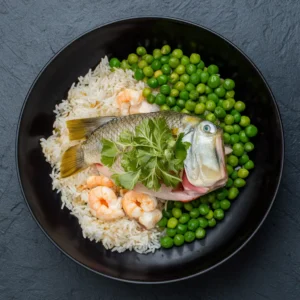
Rice and grains:
Cooked rice, oats and wheat grains are easily digested by most fish and provide carbohydrates. Drop a few in your tank and watch your fish gulp them up!
Vegetables:
Blanched or boiled veggies like peas, green beans, zucchini and spinach are nutritious options for fish. Stay away from anything too starchy, gassy or strong-flavored, though.
Seafood:
Small pieces of cooked shrimp, fish, mussels or crab are a special treat for fish. Make sure any seafood is thoroughly cooked and de-shelled before adding to an aquarium.
While the occasional human snack is fine, fish food should make up the majority of your fish’s diet. Only offer one small treat per week, and remove any uneaten bits within a few hours to avoid pollution. Keep a close eye on your fish after feeding human foods to ensure there is no negative reaction. If everything seems normal, you can feel good knowing you gave your gill-bearing friends a little something special!
Also read the best feeding method for your fish
Foods You Should Avoid Giving Your Fish
Bread
While bread may seem like a harmless treat for your fish, it actually provides little nutritional value and can be dangerous. The yeast and gluten in bread can be hard for fish to digest and may cause constipation or swim bladder disease. Bread also expands in water, which could lead to choking or blockages. It’s best to avoid feeding your fish bread altogether.
Raw meat and eggs
Raw animal proteins like beef, chicken, or eggs may contain bacteria like salmonella that can make your fish sick. They can also cloud up your tank water. Only feed your fish cooked meat and eggs that have been shelled.
Salty and spicy foods
Heavily seasoned or spicy human foods often contain too much salt, sugar or strong spices for most fish. This includes things like chips, pretzels, salsa and curry. These foods could potentially poison or burn your fish. It’s not worth the risk, no matter how much your fish seem to beg!
Dairy products
While the thought of fish enjoying a snack like cheese or yogurt may seem amusing, dairy products should be avoided. Most fish lack the proper enzymes to digest dairy, and these foods can make them bloated or cause diarrhea. The high fat content of dairy is also hard for fish to process and can go rancid in the tank.
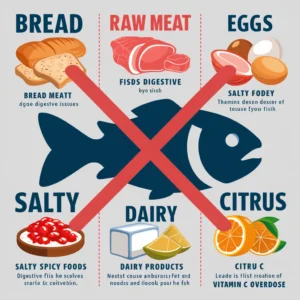
Citrus
The high acidity of citrus fruits like oranges, grapefruit, and lemons can irritate a fish’s sensitive skin and gills. Citrus may also lower the pH of the tank water, making conditions unsuitable for your fish. It’s best to keep citrus out of your fish tank altogether.
By avoiding these unhealthy human foods and sticking to a diet of high-quality flake food, pellets, and the occasional frozen fish treat, you’ll keep your fish happy, healthy, and enjoying a long life.
How to Properly Prepare and Feed Human Foods
Wash and peel
The first step is to thoroughly wash any fruits or vegetables to remove dirt, bacteria, and pesticides. Peel the foods when possible, especially for foods like bananas, oranges, and cucumbers which can be hard for fish to digest. The peel may also contain chemicals that are harmful to your fish.
Cook when needed
Some foods like rice, pasta, bread, and vegetables should be cooked before feeding to your fish. Cooking helps break down the food, making it softer and easier to eat. It also kills any bacteria that may be present. Foods like meat, eggs, and dairy should always be cooked for safety.
Cut into bite-sized pieces
Cut or chop the food into very small, bite-sized pieces that your fish can easily eat. Large pieces may be difficult for them to swallow and can cause choking. As a general rule, any piece should be no larger than your fish’s eye.
Remove any spices
Avoid feeding your fish anything with added salt, spices, oils or seasonings. These additives provide no nutritional value and some may actually be harmful. Plain, unseasoned foods are the healthiest for your aquarium fish.
Only feed in moderation
Only give your fish a small amount of human food 2-3 times a week at most. While certain human foods are safe for fish in moderation, they should not make up the bulk of their diet. Commercial fish food provides the proper nutrition and should be their staple food. Overfeeding human foods can lead to malnutrition, obesity, and other health issues in fish.
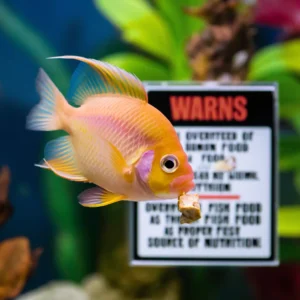
Following these tips will ensure any human foods you give your fish are safe, nutritious, and properly prepared. In moderation, certain fruits, vegetables, grains and lean proteins can make a great supplemental treat for your fish. But for their main diet, stick to a quality commercial fish food to meet all their nutritional needs.
FAQ: Can I Really Feed My Fish Table Scraps?
Yes, you can feed your fish certain human foods in moderation, but there are some important guidelines to follow. As with any diet change, always introduce new foods slowly to allow your fish time to adjust. Never feed more than they can eat in about 2 minutes at each feeding.
Bread
Small amounts of bread torn into tiny pieces are okay to feed as an occasional treat. Avoid highly seasoned or sugary breads. Whole grain breads are best. Never feed more than a few crumbs per fish at a time.
Vegetables
Blanched or raw veggies like zucchini, cucumber, and lettuce can be part of a healthy diet. Peel and deseed before feeding and tear into bite-sized pieces. Avoid starchy or gassy veggies like beans, broccoli, and cabbage.
Fruit
Berries, melons, and stone fruits in moderation are fine for most fish. Remove skins, seeds, and stems. The natural sugars can be too much for some fish, so watch your fish closely the first time to ensure there is no adverse reaction.
Cooked grains
Small amounts of cooked rice, quinoa or oatmeal are options a few times a week. Make sure grains are fully cooked and cooled before feeding. Watch for any uneaten food and remove within a few hours to avoid pollution in the tank.
Meat and seafood
While fish do eat other fish and meat in the wild, these protein sources can be difficult for aquarium fish to digest and may foul your tank water. It is not recommended to feed these foods.
In general, any human food should be considered an occasional treat, not a staple part of your fish’s diet. Their main nutrition should come from a quality pelleted fish food. By following these guidelines, you can safely supplement your fish’s diet and add some variety, but their health and water quality should always come first. When in doubt, it’s best to avoid feeding table scraps.
Conclusion
So while it can be tempting to share your meals with your fishy friends, it’s best to avoid feeding them anything other than their specialized diet. We all love our underwater buddies and want what’s best for them. Stick to high quality fish food and resist spoiling them with table scraps – no matter how cute they look begging for a bite. Keep their water clean and tank happy by feeding them properly. Your fish will thank you for it with bright colors, active swimming, and longer, healthier lives. We’re all responsible for caring for our aquatic pets. Doing research, resisting temptation, and making smart choices is part of being a good fish owner. Your fish depend on you to make the right call.
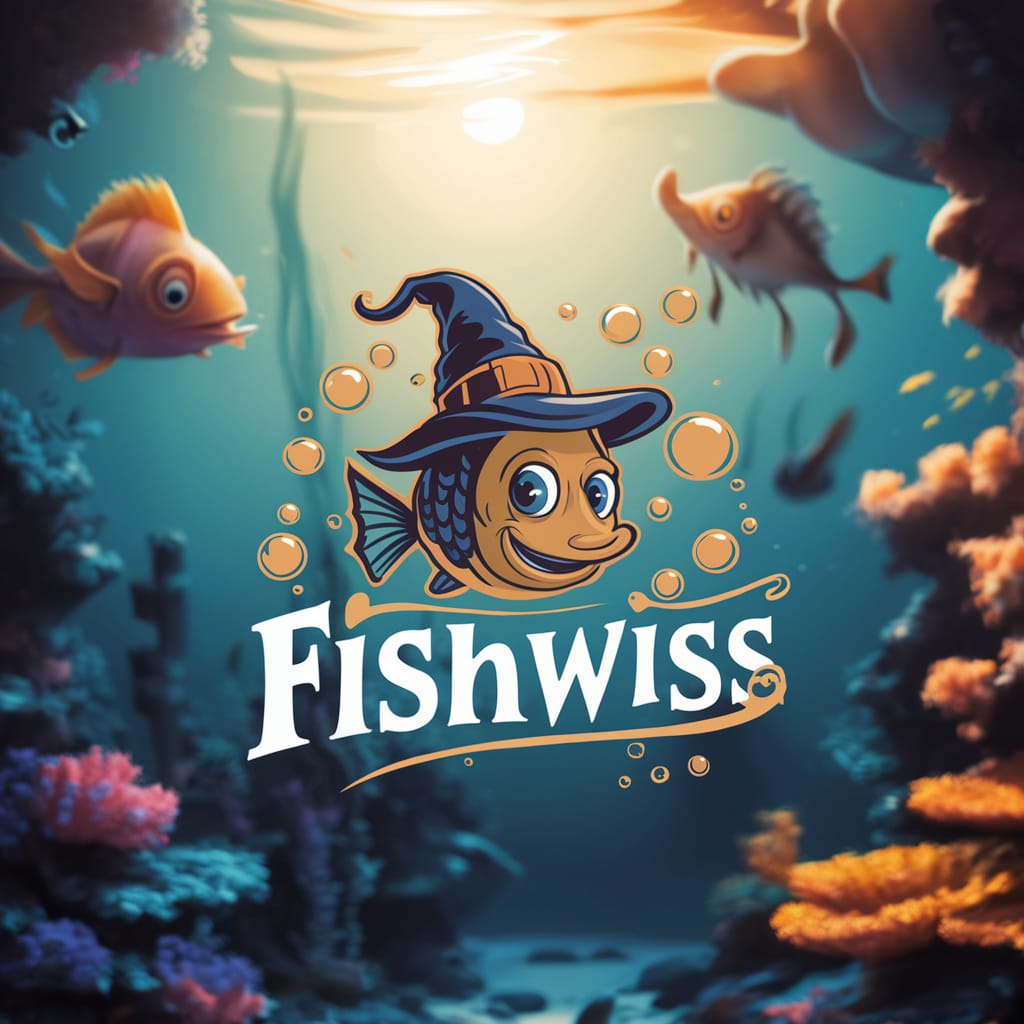
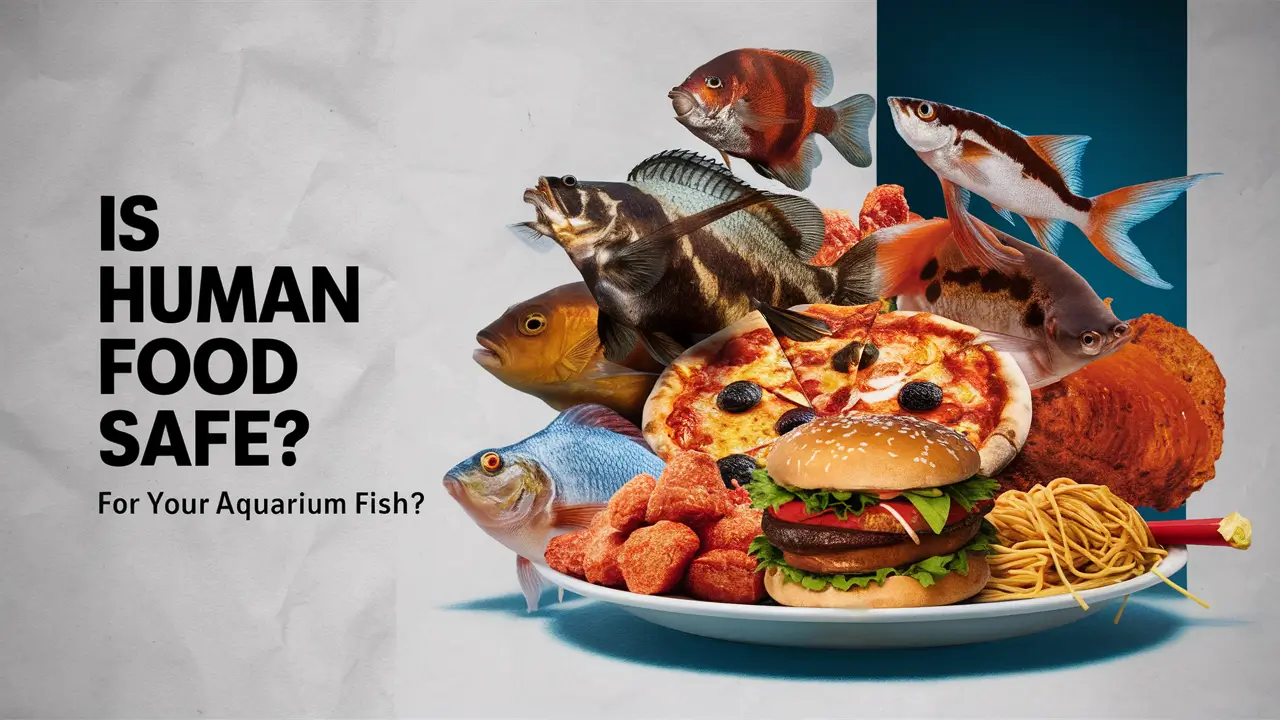
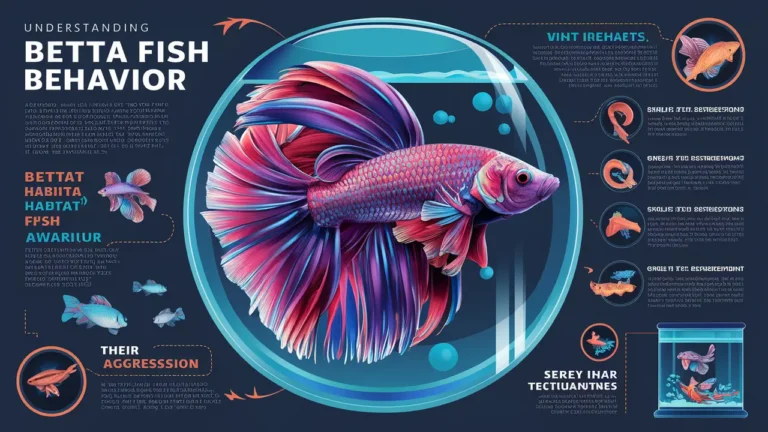
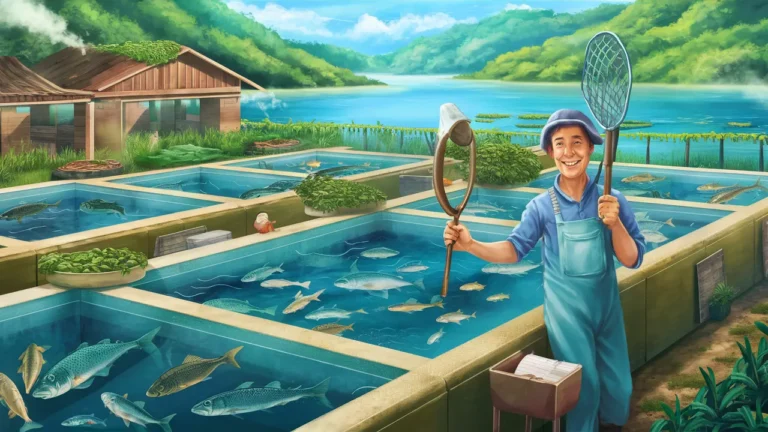
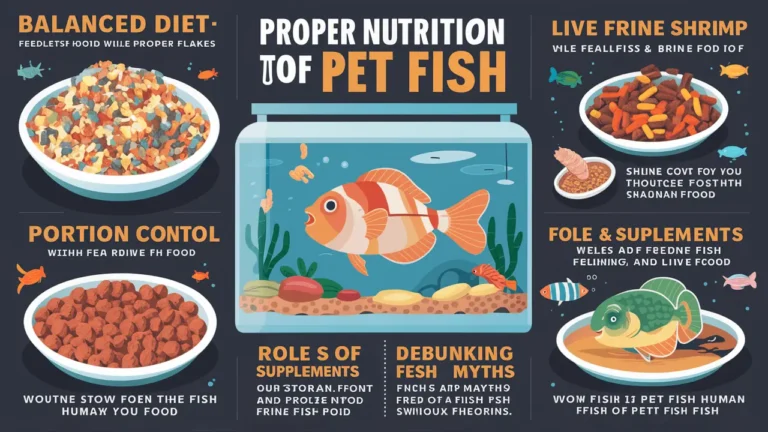
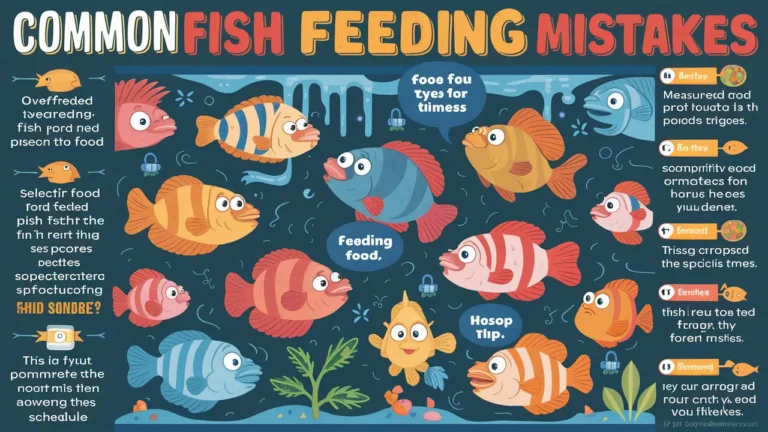
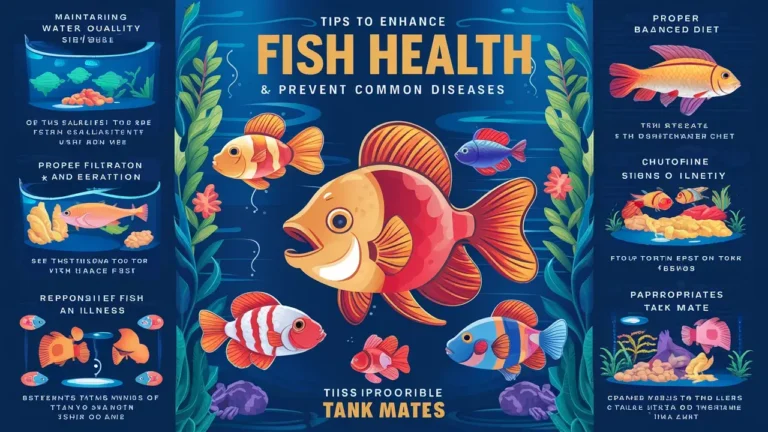
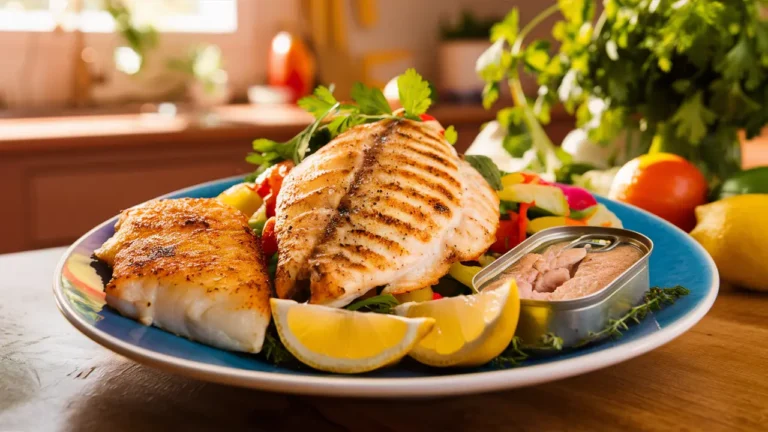
Can you be more specific about the content of your article? After reading it, I still have some doubts. Hope you can help me.
Thank you for your sharing. I am worried that I lack creative ideas. It is your article that makes me full of hope. Thank you. But, I have a question, can you help me?
Can you be more specific about the content of your article? After reading it, I still have some doubts. Hope you can help me.